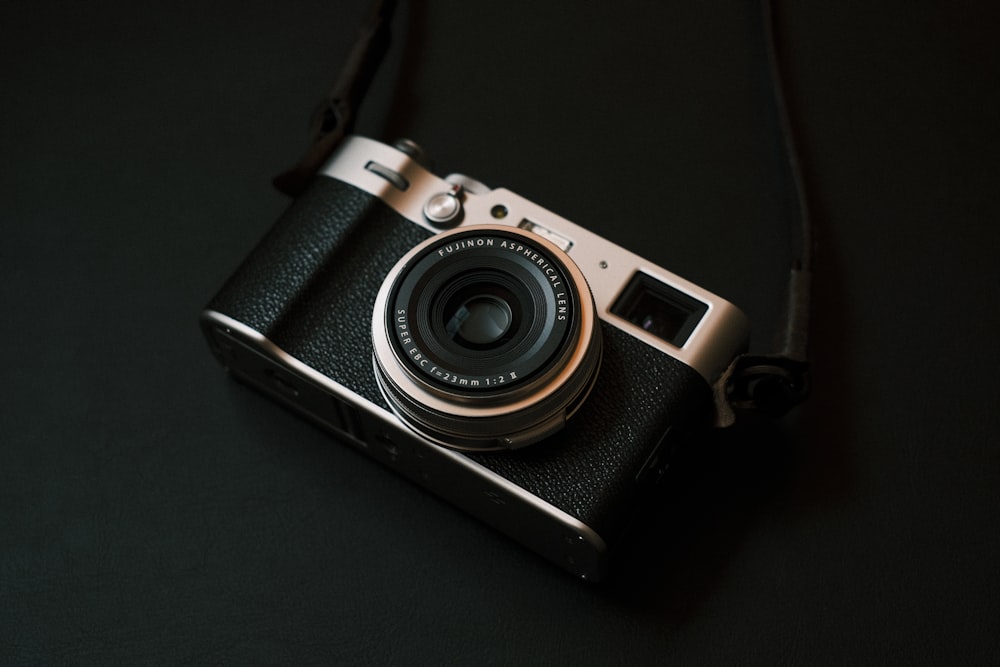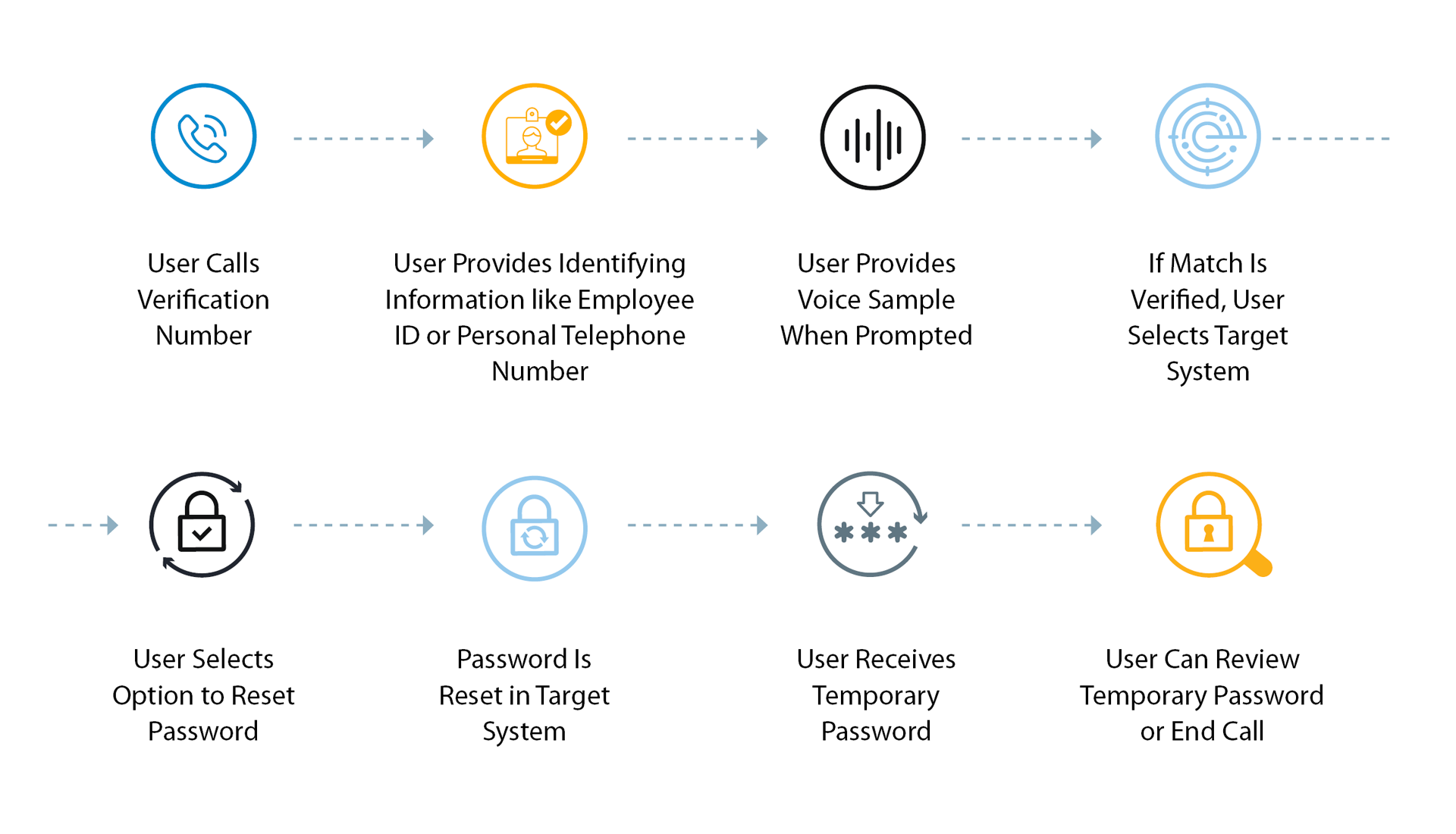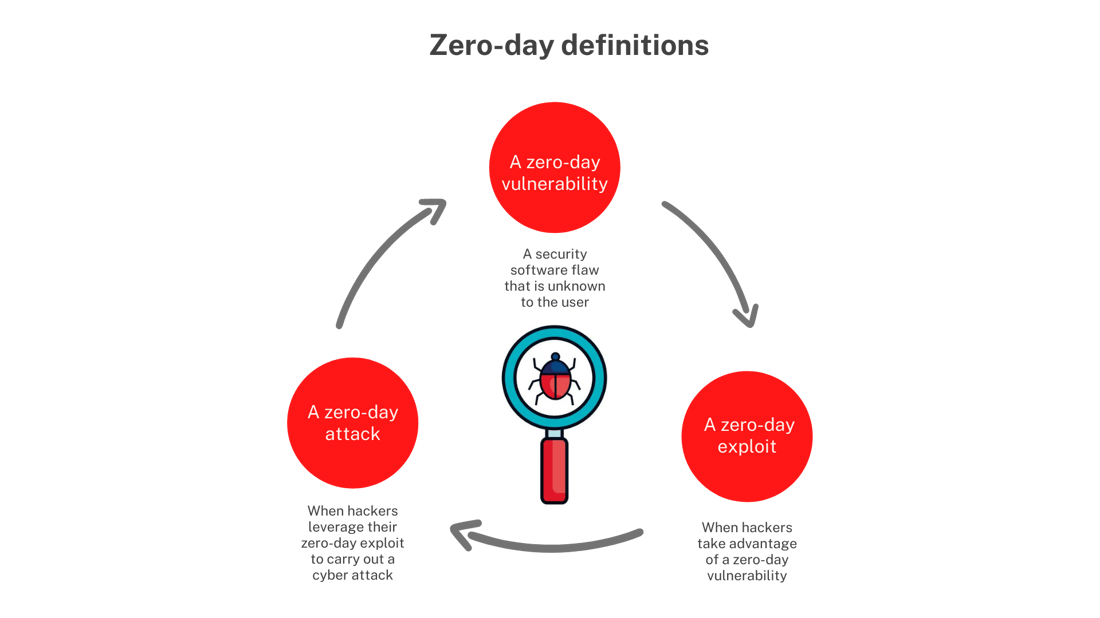The Future of the Music Industry – Will Digital Media Take Over Physical Discs?
 They say change is the only permanent thing in your life. Well it certainly holds true with regards to the music business. The music industry of today looks nothing like the music industry of twenty or even ten years ago. There are tons of reasons with most of them related to the digital technology. Many dire and ominous assessments have been made about the record business, few of them supported with believable facts. The truth of the matter is no one can even pretend to know about the future of this extraordinary business; but with digital media rapidly holding fort over music business and distribution, it is getting harder to stop these dismal speculations. So what really is happening to the music industry, what will it look like in five or ten years?
They say change is the only permanent thing in your life. Well it certainly holds true with regards to the music business. The music industry of today looks nothing like the music industry of twenty or even ten years ago. There are tons of reasons with most of them related to the digital technology. Many dire and ominous assessments have been made about the record business, few of them supported with believable facts. The truth of the matter is no one can even pretend to know about the future of this extraordinary business; but with digital media rapidly holding fort over music business and distribution, it is getting harder to stop these dismal speculations. So what really is happening to the music industry, what will it look like in five or ten years?
One debate pertaining to music industry that is unlikely to see a resolution anytime soon is the fate of physical media as opposed to the rapidly growing digital distribution. There are a lot of people who believe that the future of all music is in digital media and yet some others believe that technology is not where it should be for digital distribution to take over completely and physical media will always be around.
It is especially ironic that a new technology, the digital music has forced record labels to abandon the status quo, releasing albums and return to the past of selling singles. That might singularly be the biggest mistake the record industry ever made, abandoning the pop single in the first place. Customers were forced to buy albums to get the one or two songs they loved; honestly, how many albums can you say that you truly love, or love even half of the songs? Very few! But now the people have spoken: they want one song at a time; digitally please, maybe even free. Is it all that surprising people are gravitating towards the digital media?
When the long-playing record format was introduced, the industry as a whole resisted it, and many predicted it would never take off because 78s sounded better. But given the choice of expediency over quality, the consumer opted for convenience and simplicity (not to mention less shelf space). The same fate was dealt with audio cassettes, the industry resisted it, while the consumers embraced it heartily, going for handiness rather than superior quality. Starting about twenty years ago, people took to CD like fish to water, burying both the LP and the audio cassette in a few short years. At that time, the CD was the last word in simplicity and convenience. And now when digital media offers us convenience as well as an economical alternative, it is hardly surprising that digital media is rapidly become the new dominant form of music.

































